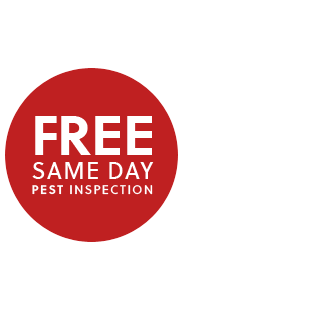Bugging Off Chemicals
By Alex Breitler
Record Staff Writer
April 27, 2010 12:00 AM
But state officials have recognized one San Joaquin County business for reducing the amount of chemicals it uses and for turning to other methods instead.
We're talking real high-tech stuff - such as vacuums, long-handled brushes to sweep out spider webs and handheld steam generators to sweat the little suckers out.
"We have been doing these types of things for a while, but a little bit more on the commercial level than residential," said Darren Van Steenwyk of Clark Pest Control, which has headquarters in Lodi but serves much of California.
"What we've tried to do is take the forefront, take the lead and try to minimize our impact and footprint on the environment to as little as possible," said Van Steenwyk, Clark's technical director.
The result, he said, has been a modest decrease in the amount of chemicals applied.
To be sure, the pest-control business is not pesticide-free. In 2008, 3.2 million pounds of pesticides were applied to homes and businesses in California, including 26,156 pounds in San Joaquin County, according to the Department of Pesticide Control.
That is a tiny fraction of the chemicals used on farmers' fields.
Nevertheless, any pesticides applied on the exterior of a home or on a garden or lawn are likely to run off into storm drains during wet weather, and those storm drains lead right to the Delta.
A University of California, Berkeley, study last year found pyrethroids - among the most widely used household pesticides - in Sacramento's American River at high enough concentrations to kill organisms similar to small shrimp.
The author of that study said at the time that he didn't believe most people need routine insecticide treatment.
"Average homeowners, when they hire pest-control companies to regularly spray their property to cut down on ants, don't realize that those same compounds end up in the American River at toxic levels," Donald P. Weston, an adjunct professor of biology, said when his study was released.
The San Joaquin River at the downstream edge of Stockton also reached a toxic threshold, Weston reported.
Clark Pest Control was honored by the state for a new program in which it inspects each property and talks with residents before deciding whether spraying is necessary. In the old days, spraying was pretty much a given.
Many residents are happy to avoid it if possible. Although make no mistake: They want the creepy-crawlies gone.
"You do what you have to, to take care of the problem," Van Steenwyk said.
Contact reporter Alex Breitler at (209) 546-8295
===Sustainable Methods And Responsible Treatments spell out our S.M.A.R.T.™ solutions for your pest management needs. Before green became fashionable, Clark Pest Control started making S.M.A.R.T.™ choices. And as responsible treatment options have come to light, Clark has been proactive about staying ahead of the curve – setting a S.M.A.R.T.™ example for others to follow.
Need green pest control in Stockton, CA or the greater San Joaquin Valley area? Contact Clark Pest control today!


